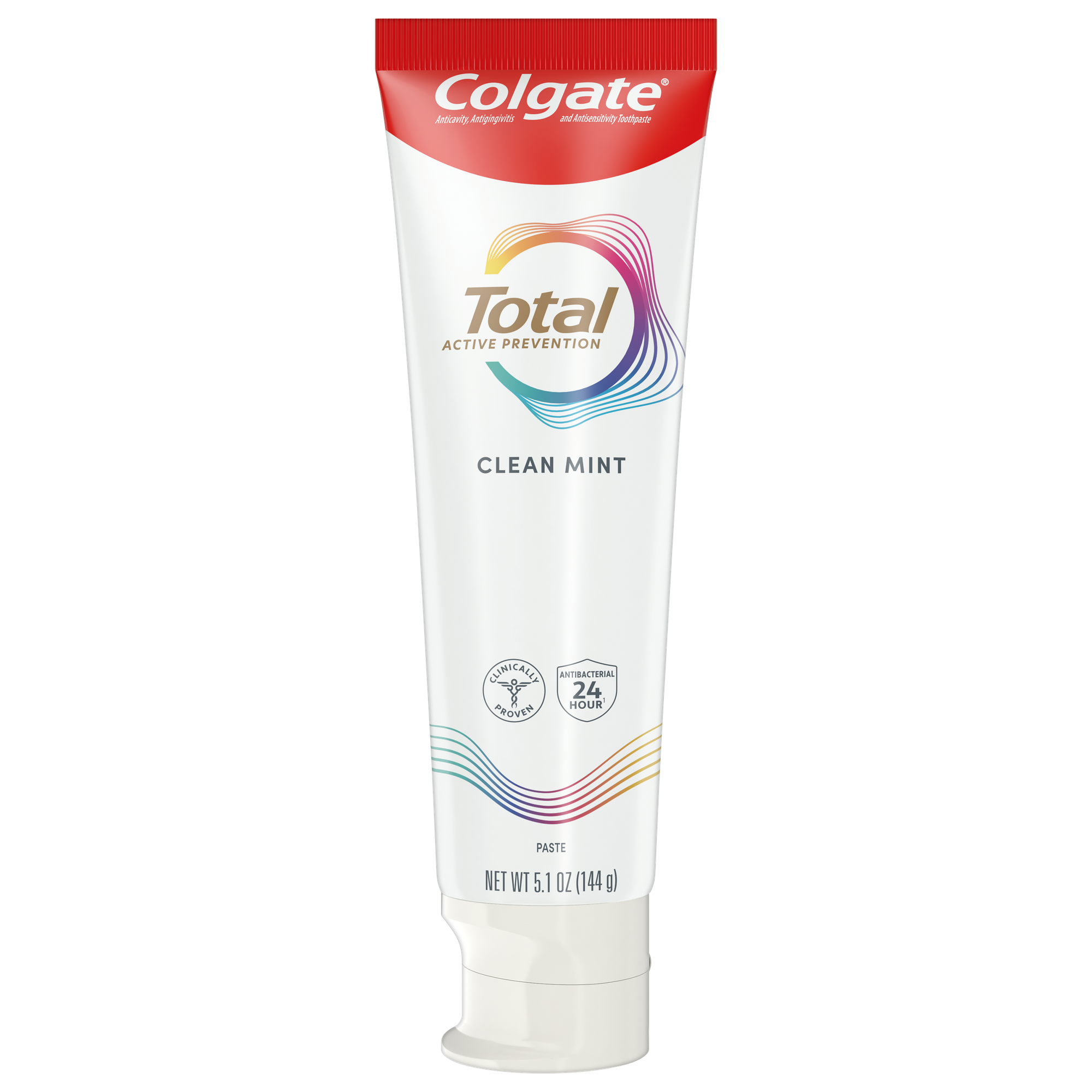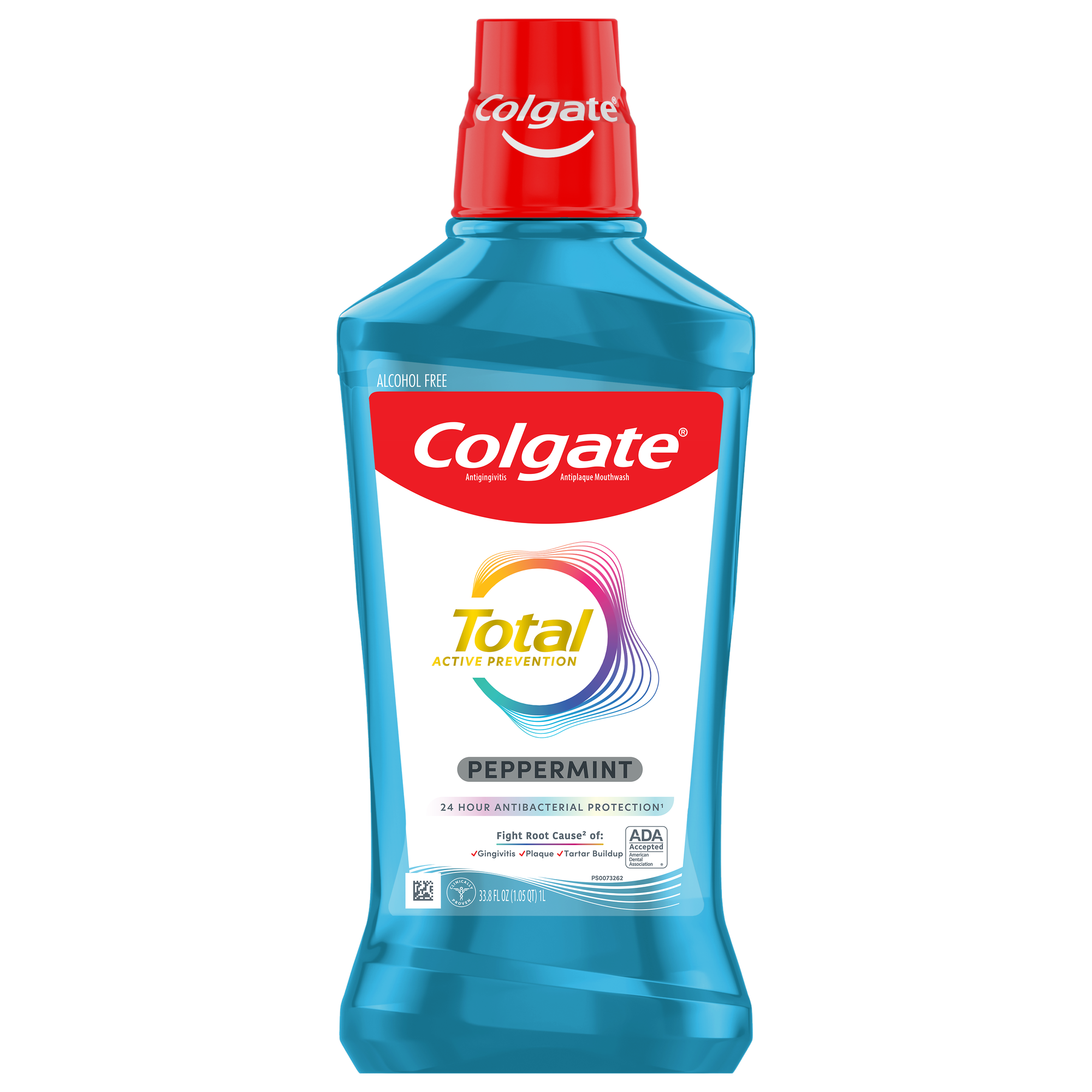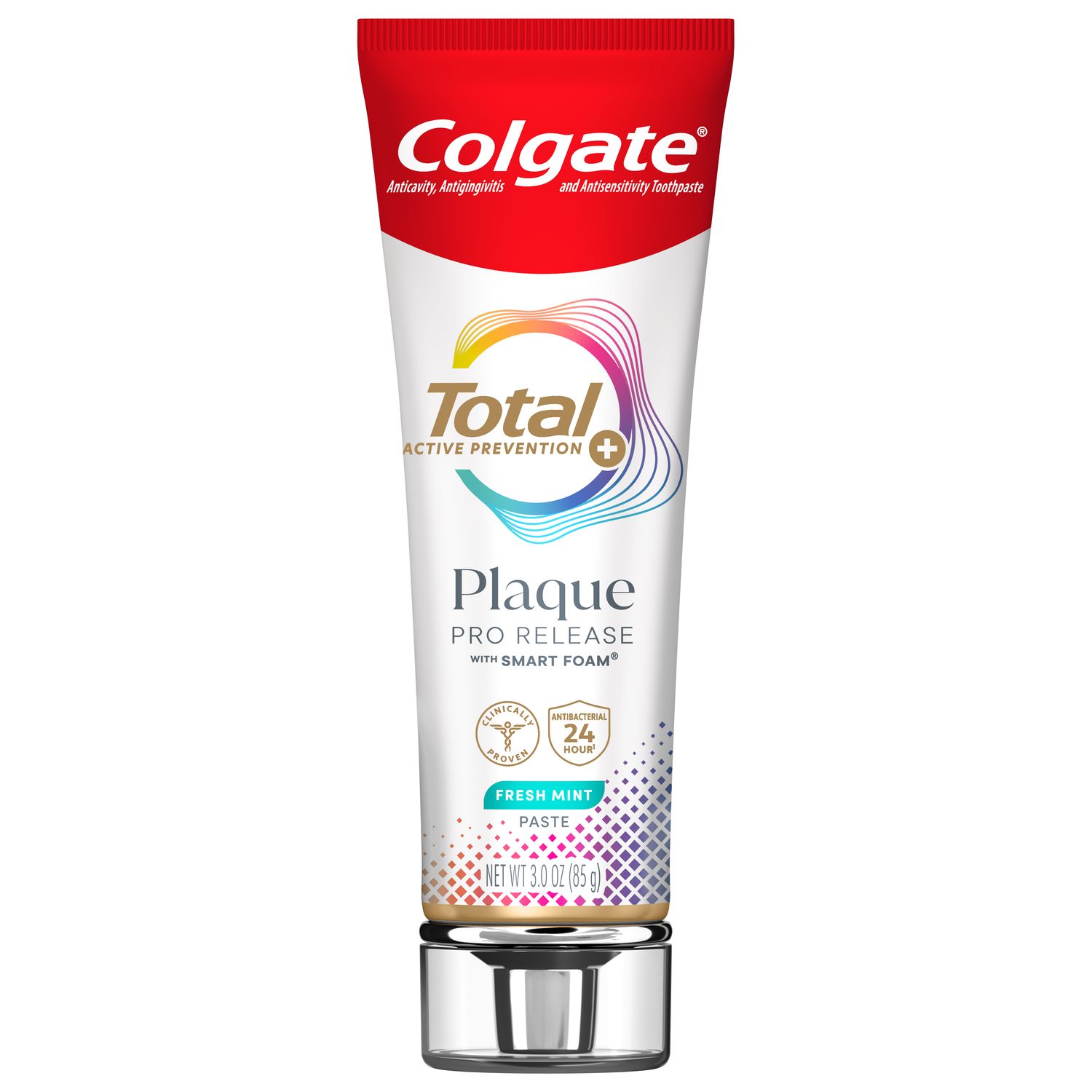
One of the scariest things for us to do is to leave the comfort of a secure job and step into another. Whether we have been at an office for 1 year or 20 years, it can be scary. Many hygienists are being forced to look for new jobs due to the closure of their practice. In search of a new office, we question if it is possible to find the happiness we once had. It is possible. New adventures await. There are great offices with patients who want to be seen. It’s important to believe great things are available.
How do I begin looking?
First of all, it’s time to update your resume. If it has been a while since you have written a resume, look up a resume template. The goal of a resume is to sell yourself enough to get an interview. A resume is not to be a book of your career. Glassdoor identifies your resume as a summary of your work. Use this opportunity to highlight the parts of your career which makes an employer say, “I want to meet this person.”
There are many employment sites to look at when searching for a new hygiene position. Resources such as indeed.com and dentalpost.net are among the more common websites. Reach out to your local hygiene component! Many components place daily postings for offices looking for dental hygienists. Where once going from office to office with a resume in hand might have been recommended, it wouldn’t necessarily be the best form of communication at this time. Many practices are limited in the amount of people in their reception areas and how many people can be in the office at a time. It is important to be respectful of all local recommendations regarding going to offices.
Do your homework
Do your homework before submitting a resume. Do not submit resumes to everyone hiring. Go to the website for each office you are looking to apply to. Look at the reviews for the office on sites such as google. Is this an office you want to be associated with or recommend to friends based on what you are reading? Look at the things the office does with their team. Can you see yourself in that picture? Does this office associate with things you want to be associated with? If the answer is yes, then press forward!
Interviewing
Interviewing for a job is like dating. It’s basically a blind date. You may have seen the profile, but you truly don’t know what you are getting into until you step in the door. Prepare yourself professionally. Unless the practice has specified you will be seeing patients, go to the interview in professional attire. As dental hygienists, we are highly educated professionals. Dress that part. Clinical care is execution of the professional, it is not the whole part.
Go to the interview with questions. Make a list of the things you want to know about the job and the office. Be specific.
- What are your expectations of me? This is one of the best questions to ask!
- What are you looking for in a dental hygienist? Find out if you are what they are looking for!
- Why are they looking for a dental hygienist? This question can help you to find out whether it’s due to turnover or the office is adding to a team. Many offices are looking to grow their team in order to care for the patients who haven’t been able to be seen over the last 60-90 days. Know why they need you!
- What are the responsibilities of the dental hygienist in your office? There may possibly be advanced skills required that you may or may not have. Find out what you are expected to do, to be part of a team approach!
- Ask about equipment! Asking about what is available is very different than insinuating what the office doesn’t have. For example, asking if they have performed laser treatment is very different than asking if they have a specific type and brand of laser.
- Asking about PPE is a sensitive subject. It’s sensitive for both parties. An employee wants to make sure they are being taken care of. An employer wants to be trusted that they are doing the right thing for their team. A great example of how to ask about PPE would be to ask, “What type of protocols have you all chosen to do after returning back to take care of patients?” This question helps you to get your questions answered.
Asking these things will help you to be prepared when deciding on where you belong.
Compensation
Pay is one of the hardest discussions to have. There are several things to keep in mind when discussing pay. Research the average hourly rate for a dental hygienist in your area. There’s no reason to believe a practice will try to underpay you due to the number of dental hygienists available or other practices closing. Going into an office with this type of mindset will set you up for failure. You provide a valuable type of care. Believe in yourself and be prepared to answer the question if a potential employer asks what you are looking to make.
Dianne Watterson wrote a phenomenal article which gives many types of pay options. Make yourself familiar with the different types of compensation! Understanding the business side of pay will put you one step ahead! Asking questions such as “What type of benefits are employees eligible for?” and “Is there an eligibility waiting period?” is important! Knowing what the benefits are provides additional value to compensation. Know the facts.
Transitioning into a new office
You found your new place. You agreed on the terms and you are ready to start. Indeed.com gives a great resource that lists things to think about in the first 90 days. Setting goals for yourself can help you be successful without putting too much stress on the unknown. Talk to your new doctor and discuss the expectations they have for you. In return, discuss realistic expectations you have for yourself. Do not compare your old job to your new job. I’ve worked with and heard people say, “At my old office, we did it this way.” There may be times this could be applicable, however if that;s the case then articulate it in a way which can be thought of as a positive. Don’t get so caught up in the “what was” that you keep yourself from seeing the “what could be.”
Just. Ask.
Open communication is essential in starting any new relationship. This is the same when it comes to any work relationship. In setting goals, ask your supervisor or doctor to have scheduled intervals to evaluate success. Be open to change! You must also be willing to listen and able to do the things recommended. Keep a personal journal for yourself to ensure you are meeting those goals. It’s important not to be overly demanding. Value yourself, but recognize that you are starting a new job with new training. Allow yourself an opportunity to mess up and grow in this position.
Reflect and celebrate your decision
Choosing to move on from a practice can be a difficult decision. Having to move on is harder. It can bring on feelings of fear and insecurities. All of these emotions are normal. Remember you are building a new relationship in a new office and everyone goes through the same initial insecurities. Transitioning into a new office can be exciting and challenging. It can be rewarding to fall in love with your profession again in a new place.
Join us
Get resources, products and helpful information to give your patients a healthier future.
Join us
Get resources, products and helpful information to give your patients a healthier future.













